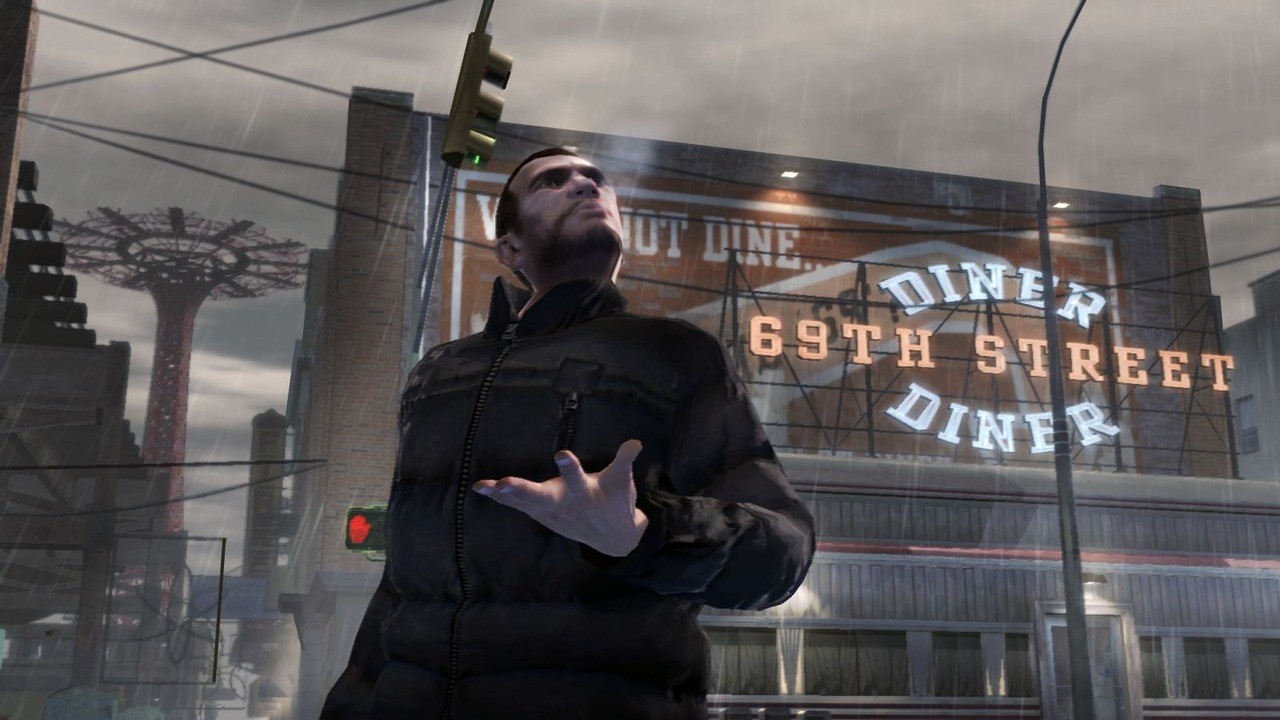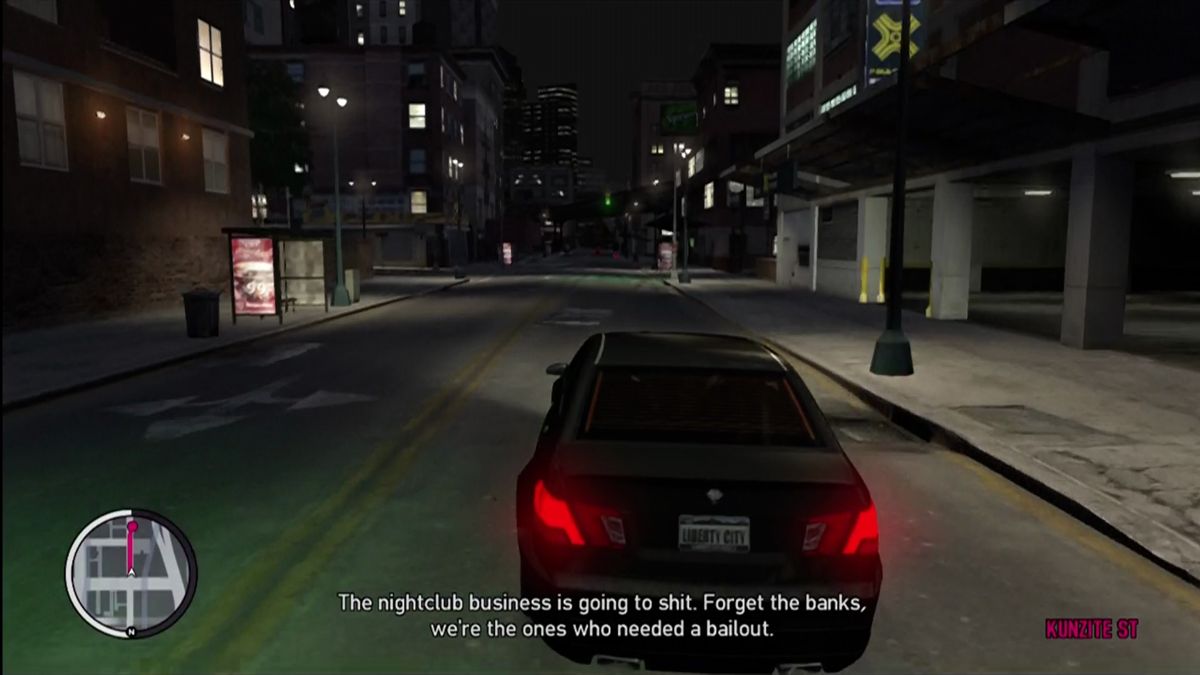Frankie Spankie
Registered User
The Messenger - 9.5/10
Some minor spoilers here, not story-line, but gameplay wise.
This may just end up being my game of the year for this year. The Messenger is a retro style ninja platformer, similar to Ninja Gaiden that switches from 8-bit to 16-bit, later on giving you the power to go back and forth. The worlds change and some of the pathways do as well when you swap worlds, forcing you to do some puzzle solving by being in the current generation to progress through a zone. The platforming is top notch. Everything feels great and there's a double jump ability that you can unlock by attacking an enemy, an object, or assuming you have the ability, an enemy projectile. There are power tokens hidden around the world which you have to test your platforming skills to reach and it feels great. There were only a couple that felt a little too punishing and just required a lot of spamming to unlock double jumps but most of them felt great, fair, and challenging. You also get a gliding ability later on which makes jumping and earning double jumps that much more fun and satisfying.
After a few hours, you learn that you can start to go back and forth in time by entering teleporters. At this point, the game goes from straight action platformer to a metroidvania where you'll spend a lot of time revisiting levels in different time lines. This will allow you to unlock new items for new power ups that will allow you to reach areas that you previously could not enter. The fact that the game introduces you into a straight action platformer for pretty much the first 2-3 hours and then throws you into a metroidvania was great pacing. You get a great feel for the enemies you will run into, most of the abilities, and the gameplay before tossing you into a whole new spin on the game by throwing in some puzzle solving aspects. The puzzles are never difficult in the slightest if you're not really into puzzles but it's just enough to add to the gameplay to keep things interesting. The boss battles were great and a provided a tough challenge while you learn boss patterns. My only complaint about the bosses were the last couple were surprisingly underwhelming. Some of the bosses are rather tough on your first playthrough and the last two I beat on my first try. It might be because I was getting the hang of the game since I did replay a bit of the game for achievements and the bosses were a lot easier on that run too but I still think the last couple of bosses could have been better designed. That's really my only minor complaint about this otherwise stellar game.
Finally, I'll sum up with the amazing aesthetic. Both 8-bit and 16-bit worlds are beautifully drawn. I miss games that took this much time into the artwork like this. The sound is exactly what you'd expect and the music is absolutely top notch. It's some of the best 8-bit and 16-bit music I've heard. Speaking of music, the slightest of details that I absolutely loved was that the music volume gets lower and deeper when you go underwater. I knew the devs really cared about making a great game when I saw such a small detail like that programmed into the game. There are shops with some upgrades to purchase, money isn't really an issue in the game and you should be able to unlock everything well before you reach the end. The shop keeper also adds a great level of humor. He'll have different dialogues in every level and protect his closet. If you're persistent with opening the closet, he'll go on and tell you a long story you can't skip but it's all great.
Overall, absolutely a must buy. It's incredible that I don't hear this game talked about anywhere. One of the best indie games I've played in a long time.
Some minor spoilers here, not story-line, but gameplay wise.
This may just end up being my game of the year for this year. The Messenger is a retro style ninja platformer, similar to Ninja Gaiden that switches from 8-bit to 16-bit, later on giving you the power to go back and forth. The worlds change and some of the pathways do as well when you swap worlds, forcing you to do some puzzle solving by being in the current generation to progress through a zone. The platforming is top notch. Everything feels great and there's a double jump ability that you can unlock by attacking an enemy, an object, or assuming you have the ability, an enemy projectile. There are power tokens hidden around the world which you have to test your platforming skills to reach and it feels great. There were only a couple that felt a little too punishing and just required a lot of spamming to unlock double jumps but most of them felt great, fair, and challenging. You also get a gliding ability later on which makes jumping and earning double jumps that much more fun and satisfying.
After a few hours, you learn that you can start to go back and forth in time by entering teleporters. At this point, the game goes from straight action platformer to a metroidvania where you'll spend a lot of time revisiting levels in different time lines. This will allow you to unlock new items for new power ups that will allow you to reach areas that you previously could not enter. The fact that the game introduces you into a straight action platformer for pretty much the first 2-3 hours and then throws you into a metroidvania was great pacing. You get a great feel for the enemies you will run into, most of the abilities, and the gameplay before tossing you into a whole new spin on the game by throwing in some puzzle solving aspects. The puzzles are never difficult in the slightest if you're not really into puzzles but it's just enough to add to the gameplay to keep things interesting. The boss battles were great and a provided a tough challenge while you learn boss patterns. My only complaint about the bosses were the last couple were surprisingly underwhelming. Some of the bosses are rather tough on your first playthrough and the last two I beat on my first try. It might be because I was getting the hang of the game since I did replay a bit of the game for achievements and the bosses were a lot easier on that run too but I still think the last couple of bosses could have been better designed. That's really my only minor complaint about this otherwise stellar game.
Finally, I'll sum up with the amazing aesthetic. Both 8-bit and 16-bit worlds are beautifully drawn. I miss games that took this much time into the artwork like this. The sound is exactly what you'd expect and the music is absolutely top notch. It's some of the best 8-bit and 16-bit music I've heard. Speaking of music, the slightest of details that I absolutely loved was that the music volume gets lower and deeper when you go underwater. I knew the devs really cared about making a great game when I saw such a small detail like that programmed into the game. There are shops with some upgrades to purchase, money isn't really an issue in the game and you should be able to unlock everything well before you reach the end. The shop keeper also adds a great level of humor. He'll have different dialogues in every level and protect his closet. If you're persistent with opening the closet, he'll go on and tell you a long story you can't skip but it's all great.
Overall, absolutely a must buy. It's incredible that I don't hear this game talked about anywhere. One of the best indie games I've played in a long time.







